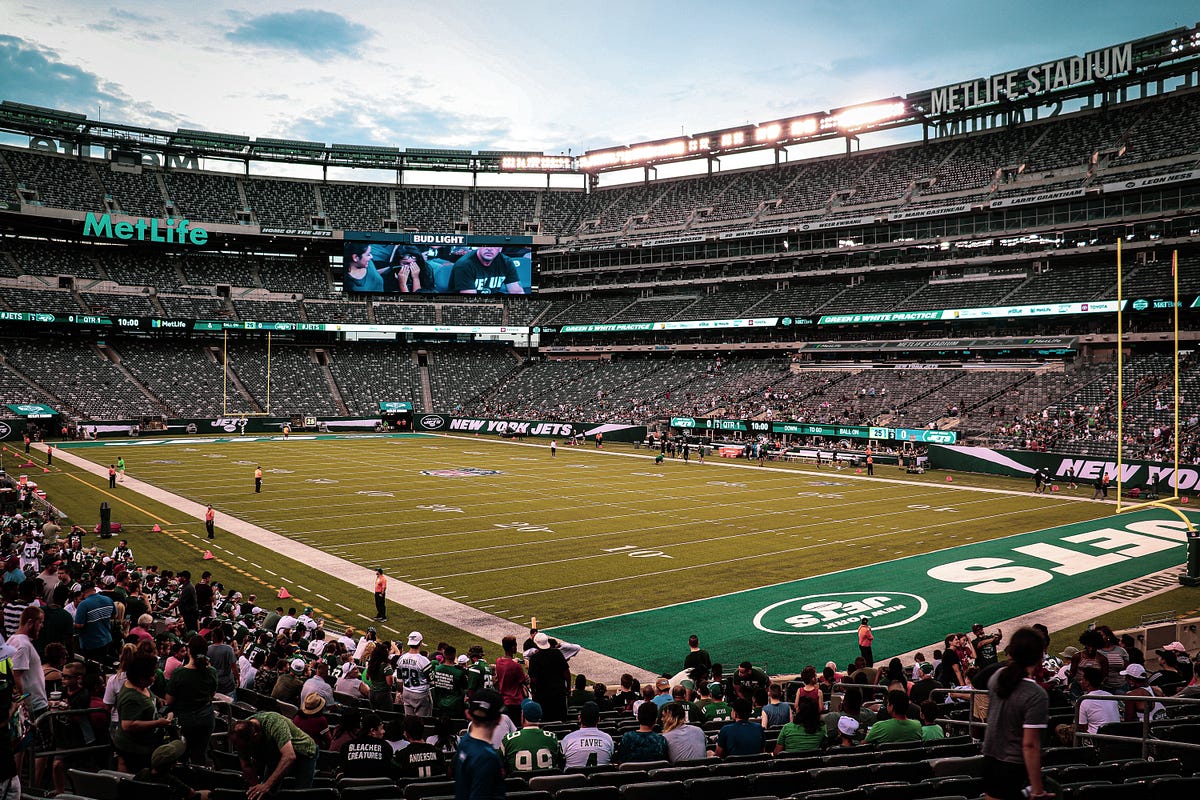Cursed
Let’s start at Wearside in the Premier League, New Year’s Day 2012. Sunderland have spent the majority of their match against Manchester City camped outside their own penalty box, withstanding furious attacks from City. They’ve only had 3 shots on target compared to 11 from their opponents, and a meagre 41% ball possession over the entire 90 minutes. Their defenders have been chasing shadows- but for the profligacy of Blues striker Edin Dzeko, they would be out of sight.
Yet somehow, the score remained goalless until the 93rd minute. Sunderland regained possession from a failed City attack, and their midfielders broke past the halfway line for what seemed like the first time in the match. In what must be one of the slowest Premier League counter-attacks ever, Stephane Sessegnon and Ji-Dong Won traded a couple of quick passes, the South Korean striker eventually rounding goalkeeper Joe Hart to fire home. Goal in your game, final score 1–0 to Sunderland.
Never mind the lack of chances created or shots. Or that City dominated possession, racking up ten corners to Sunderland’s one. The Blues went home with nothing, while Sunderland nicked all three points.
This, despite post-match replays showing that Ji’s goal was incorrectly awarded despite being offside.
Fuelled by Randomness
The opening describes a concept loved and loathed by fans from all sports- randomness. In sports, nothing is certain- if it was, the best players and teams would win every single match, and it would lose its appeal as a spectacle pretty quickly. Randomness is what keeps the show going. But what does it mean?
Simply defined, randomness is a state or pattern which lacks organisation or predictability. An example would be the sampling of number of car accidents in a highly dangerous area, perhaps on a road with a sharp corner, or at a busy junction. You know that these areas experience a higher proportion of accidents compared to others- but do you know exactly when the next accident is about to happen? Do accidents occur at 9:17 am every morning, or when the clock strikes twelve? No one can say for certain. Accidents occur at random.
Similarly, this lack of predictability is what causes millions of fans across the globe to tune in and pay to watch professional sport. Most scoring events in sport are random- NFL touchdowns are random. So are tries in rugby, or goals in football and ice hockey. All the above (and many others) are rare events that take place during a match, often preceded by a single piece of individual skill, bad decision making, or even a moment of pure luck. Moreover, these random events can occur against, or in favour of a team anytime during a match.
#football #statistics #data-science #sports #math #data analytic
